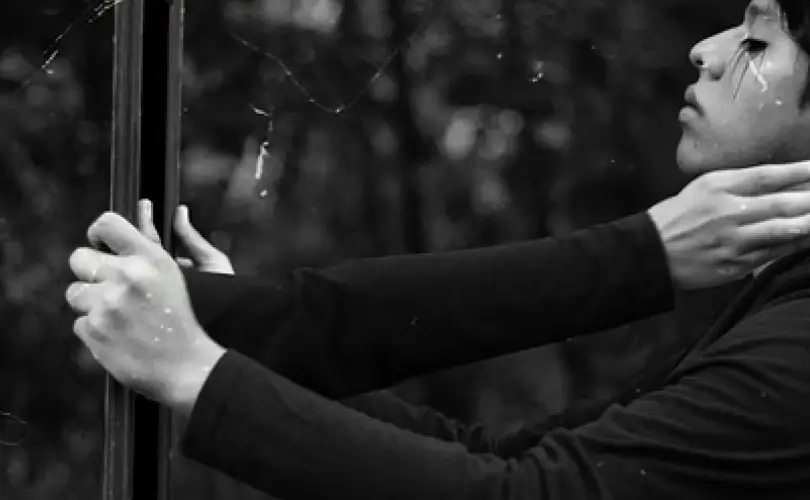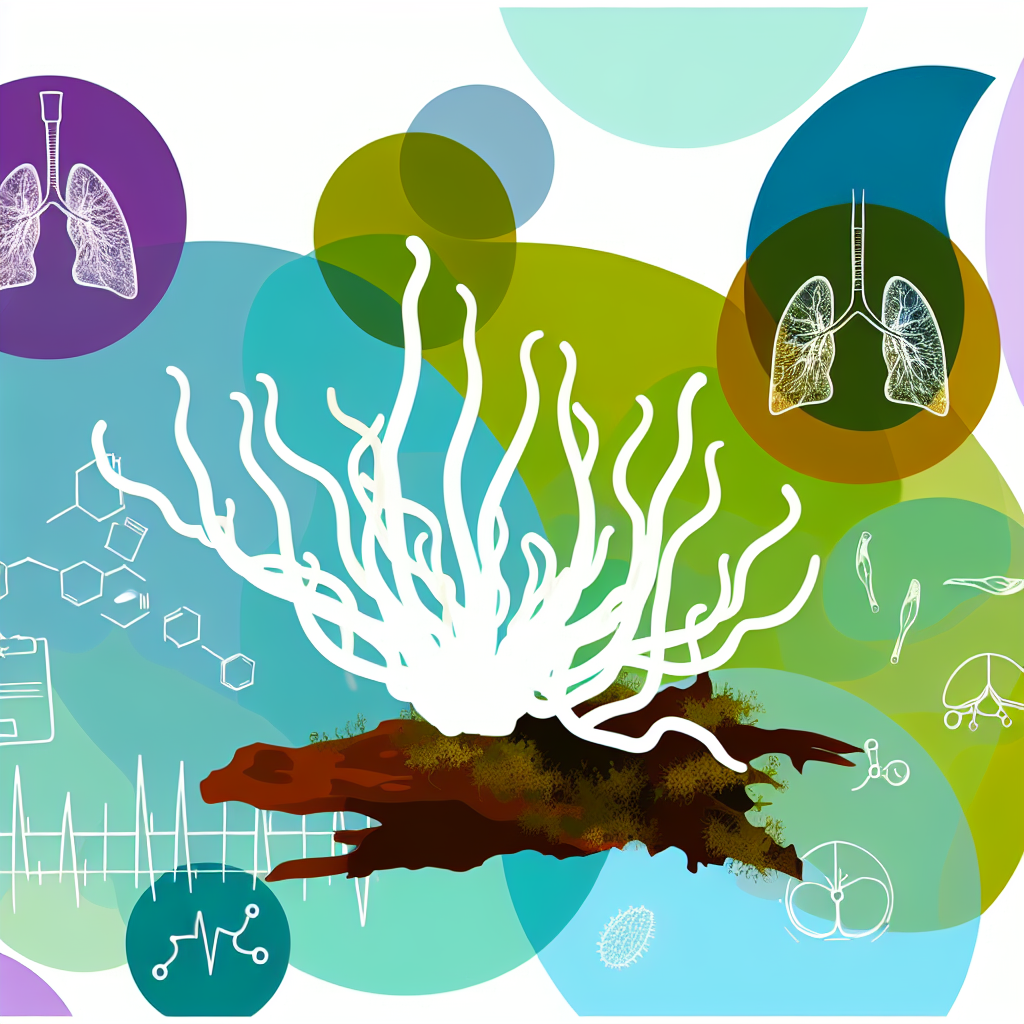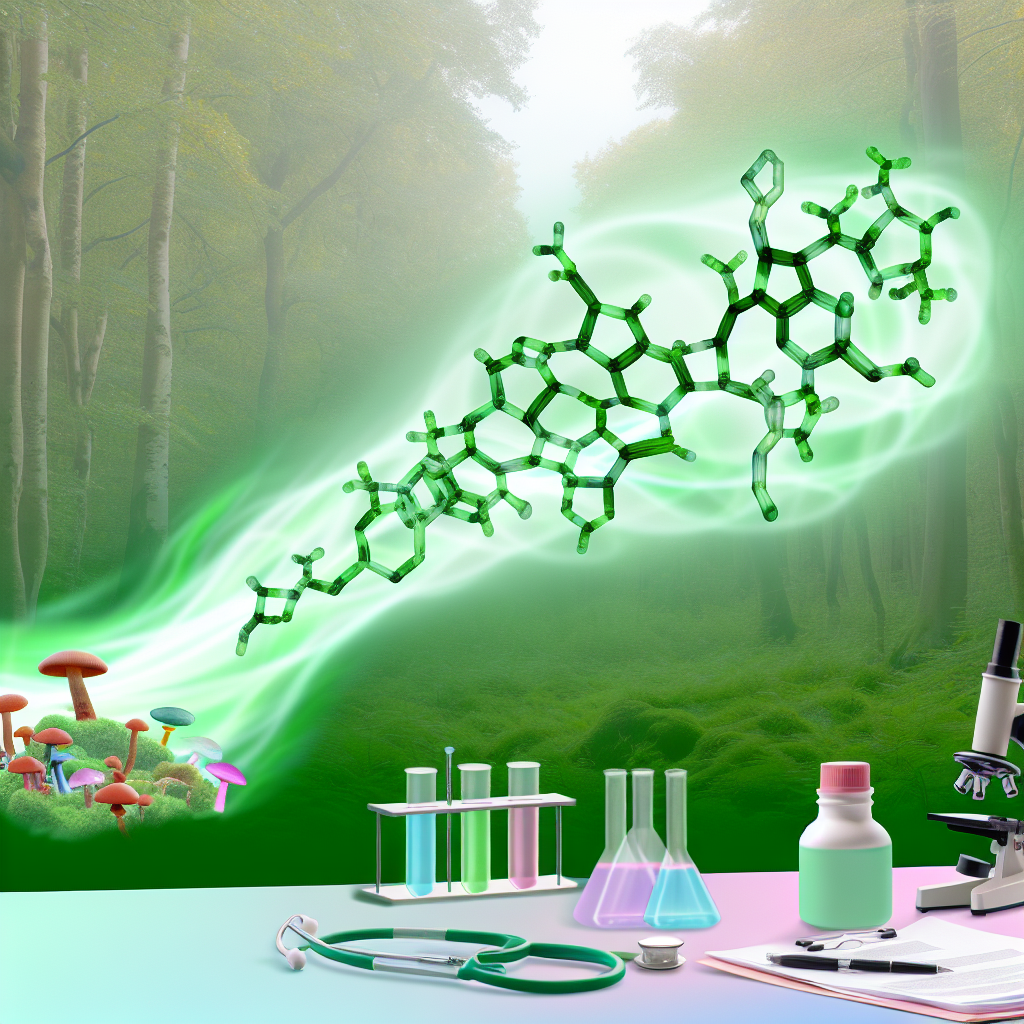Bipolar disorder is a mental illness that affects millions of people around the world. It is distinguished by extreme mood swings ranging from depressive to manic episodes. This condition is challenging to manage, and many people have difficulty finding effective treatments that work for them. Some people with bipolar disorder have reported success with micro-dosing mushrooms to reduce symptoms and improve overall quality of life in recent years.
The practice of consuming a small, sub-perceptual dose of psilocybin, an active compound in magic mushrooms, is known as micro-dosing. Micro-dosing has been shown to improve mood, cognitive function, and creativity. Micro-dosing is the practice of consuming tiny amounts of a substance, usually psychedelic, to achieve subtle effects without experiencing a full-fledged trip. Micro-dosing mushrooms entails taking a small amount of psilocybin, the active ingredient in magic mushrooms.
Micro-dosing mushrooms have been reported to help some people with bipolar disorder reduce their symptoms and improve their overall quality of life. However, scientific research on the safety and efficacy of micro-dosing mushrooms for bipolar disorder is limited.
One study published in the journal Journal of Affective Disorders in 2021 discovered that micro-dosing psilocybin was beneficial in reducing depressive symptoms in bipolar disorder patients. The study, however, was small, and more research is needed to confirm the findings.
Another study, published in the journal Nature Medicine in 2022, discovered that micro-dosing psilocybin was safe and effective in reducing anxiety symptoms in bipolar disorder patients. However, the study was small, and additional research is required to confirm the findings.
While scientific research on the safety and efficacy of micro-dosing mushrooms for bipolar disorder is limited, there is some evidence that psilocybin may have therapeutic potential for several mental health conditions. Some studies have found that psilocybin can help people with terminal cancer reduce symptoms of depression and anxiety. Other studies have found that psilocybin can help to increase feelings of empathy and connection with others, which may be especially helpful for people with bipolar disorder who struggle with social isolation and disconnection.
Despite these encouraging results, it is essential to note that microdosing mushrooms is not without risk. Some people experience adverse side effects from psilocybin, such as anxiety, paranoia, and hallucinations. It may also interact with other medications and medical conditions, so consult with your doctor before attempting microdosing.
Furthermore, the legality of psilocybin varies by location, and possessing and using mushrooms may be illegal in some areas. It is important to note that taking mushrooms in small doses is not a cure for bipolar disorder. It is also important to note that microdosing mushrooms may cause anxiety, paranoia, and hallucinations. It is critical to consult your doctor before considering microdosing mushrooms for bipolar disorder. They can assist you in navigating the risks and benefits of micro-dosing and developing a plan for monitoring your symptoms.
Consideration
Because micro-dosing is not a regulated practice, it is critical to find a reliable source for your mushrooms. It is crucial to begin with a low dose and gradually increase the dose if you want to avoid side effects. While micro-dosing, it is critical to monitor your mood and symptoms. Stop micro-dosing if you experience any adverse side effects. It is critical to consult with your doctor about your micro-dosing regimen. They can assist you in monitoring your symptoms and ensuring that micro-dosing is safe for you.
To summarize, while some people with bipolar disorder have reported success with microdosing mushrooms, more research is required to understand the safety and efficacy of this practice entirely. If you are thinking about micro-dosing, do your research, consult with a healthcare provider, and proceed with caution.

Dominic E. is a passionate filmmaker navigating the exciting intersection of art and science. By day, he delves into the complexities of the human body as a full-time medical writer, meticulously translating intricate medical concepts into accessible and engaging narratives. By night, he explores the boundless realm of cinematic storytelling, crafting narratives that evoke emotion and challenge perspectives. Film Student and Full-time Medical Writer for ContentVendor.com




